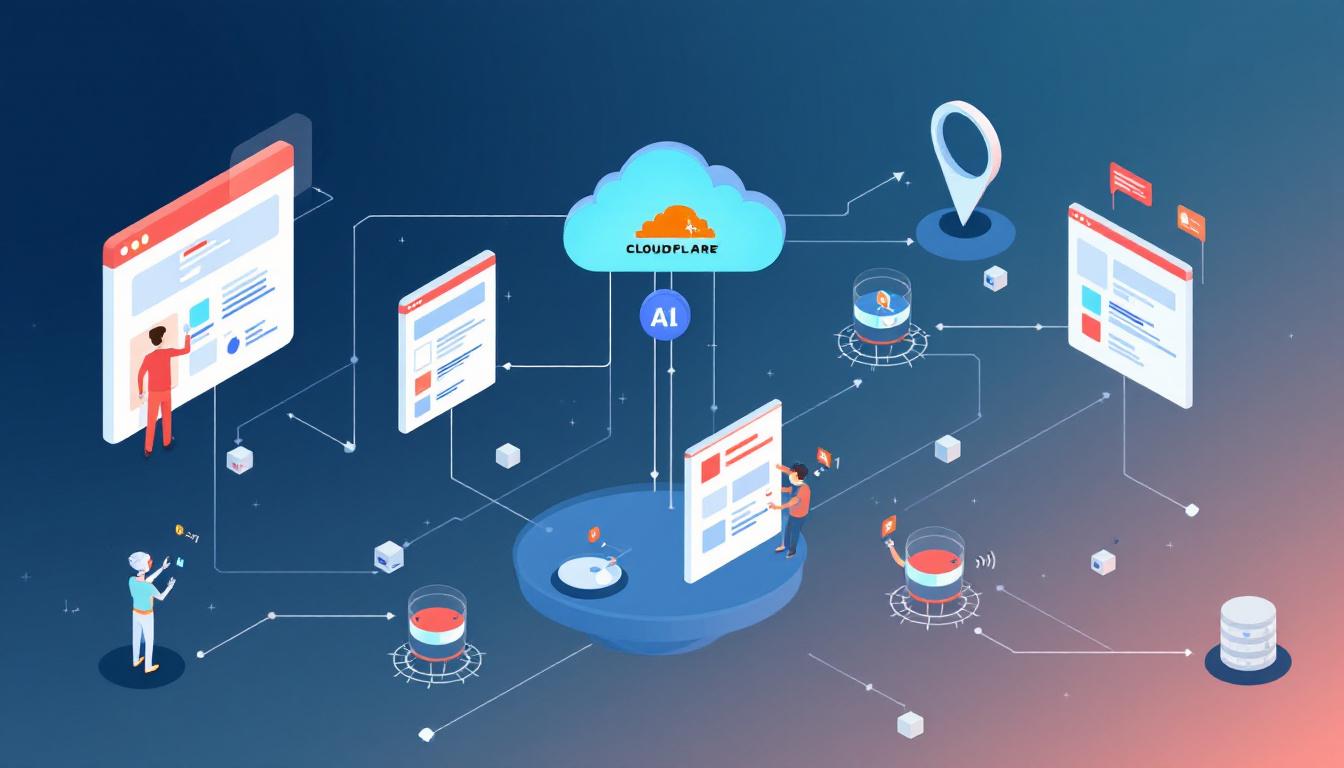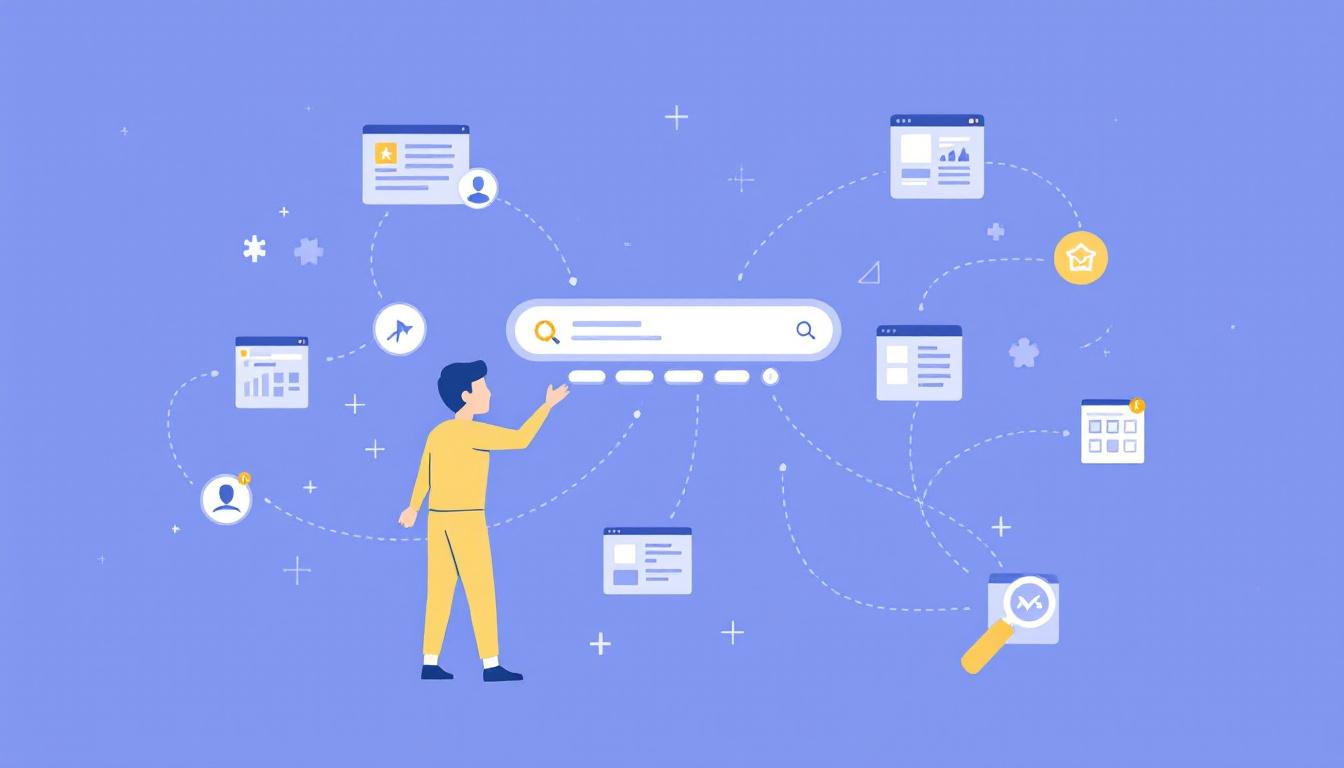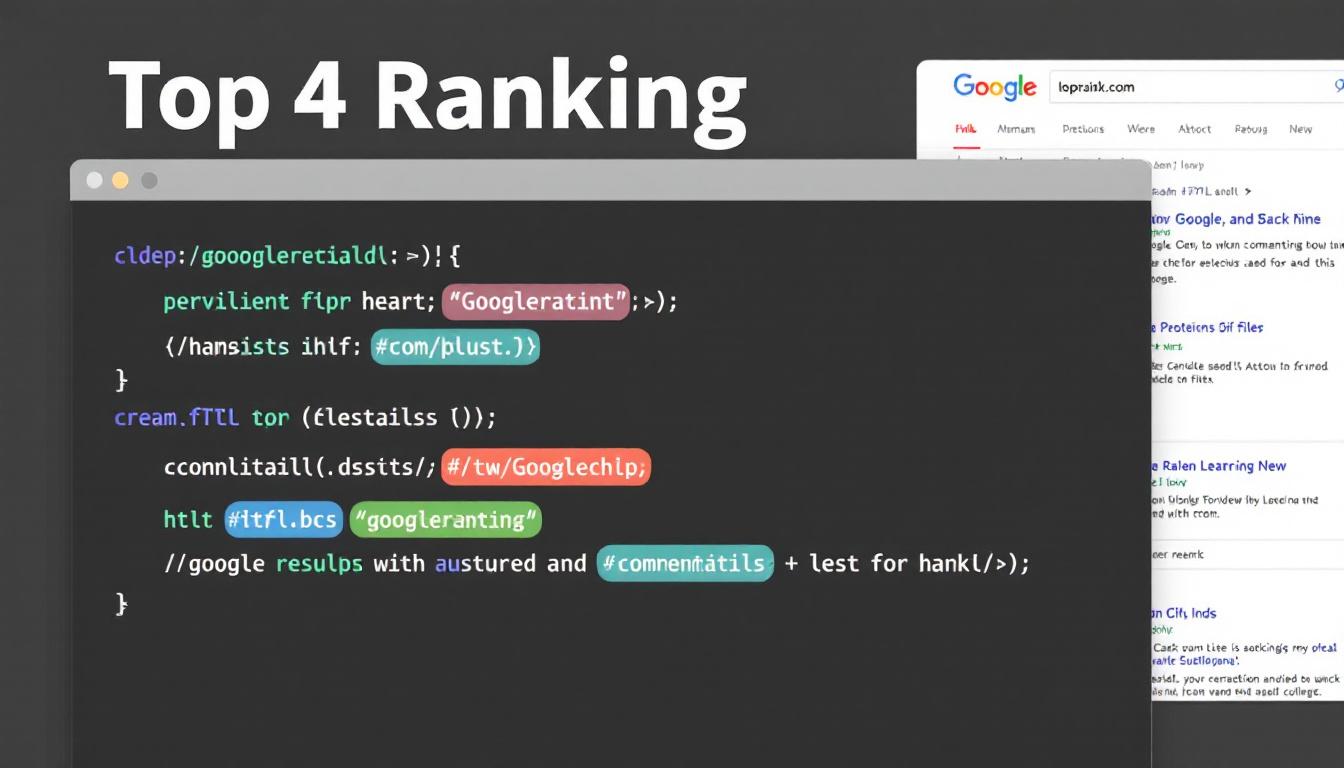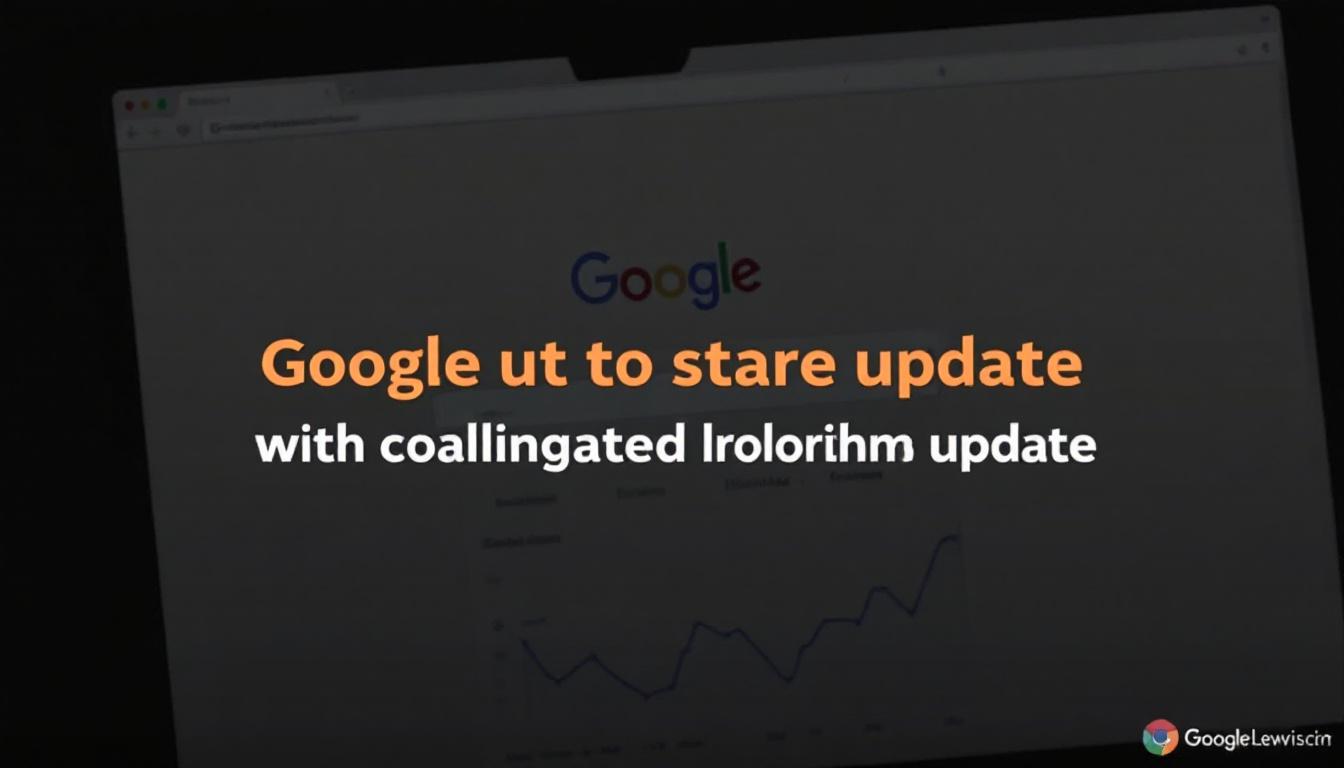Recent studies reveal that Google’s AI-generated summaries frequently reference the company’s own search results, reinforcing its closed ecosystem and encouraging prolonged user engagement within Google’s platform.
SiteGuru
Elevate and track your website's performance with a practical SEO action plan.
Google Refers Back to Its Own Services in AI Responses
An analysis conducted by SE Ranking scrutinized a substantial set of keywords across multiple states, uncovering Google’s preference for routing AI answers to its own search results consistently.
Regional Analysis of Google’s AI Summaries
The study meticulously tracked AI-generated summaries across diverse geographic locations, highlighting the dominance of Google’s own website in these responses.
The research encompassed over 100,000 keywords in Colorado, Texas, California, New York, and Washington, D.C., revealing that Google.com is the primary source cited in approximately 44% of AI-generated answers.
This rate significantly surpasses other platforms like YouTube, Reddit, Quora, and Wikipedia, each appearing in around 13% of the responses.
The comprehensive data reflects that out of 141,507 AI Overview instances, nearly 43.42% included links leading directly to Google’s organic search results, while the remaining 56.58% pointed elsewhere.
Such practices suggest Google’s ongoing strategy to maintain user activity within its own digital environment.
Reinforcing the Closed Ecosystem Strategy
These insights align with findings from Momentic, which observed significant user interaction patterns within Google’s platform, further solidifying the company’s self-contained approach.
User Engagement Metrics
Detailed analysis indicates that users engage extensively with Google’s services before venturing to external websites.
According to Momentic, the average number of clicks per Google visit has risen to 10, signifying that users explore numerous pages within Google before leaving. This behavior underscores Google’s effectiveness in creating a more immersive search experience.
Additional statistics from the study include that AI Overviews appear in roughly 30% of all searches, with about half of these instances redirecting back to Google.
Furthermore, more intricate and specific queries are more likely to trigger AI-generated summaries, demonstrating Google’s focus on catering to detailed user inquiries.
While Google continues to drive considerable traffic away, amounting to 175.5 million visits in March as reported by Momentic, its capacity to direct users to external sites lags behind competitors like ChatGPT, which averages 1.4 external visits per user compared to Google’s 0.6.
Additional Insights from the SE Ranking Report
Beyond the primary findings, the SE Ranking study offers a deeper look into various factors influencing Google’s AI Overviews and their impact on search behavior.
Interaction with SERP Features
The research highlights the frequent pairing of AI summaries with other search result page elements, offering a more integrated user experience.
AI Overviews are almost invariably accompanied by other SERP features, appearing alongside ‘People Also Ask’ sections in 98.5% of cases.
The average AI-generated summary spans approximately 1,766 characters and cites around 13 sources, ensuring comprehensive coverage of query topics.
Keyword Characteristics Influencing AI Overviews
Certain keyword attributes are more likely to trigger AI-generated summaries, reflecting Google’s content prioritization strategies.
The study found that medium-difficulty keywords (scoring between 21-40) are most prone to generating AI Overviews, accounting for 33.4% of triggers. High-competition terms (81-100) rarely result in such summaries, with only 3.7% occurrence.
Additionally, keywords with a cost-per-click (CPC) of $2-$5 are more likely to produce AI Overviews (32%), while those with CPC above $10 have a lower rate of 17.3%.
Notably, industries like Fashion and Beauty exhibit the lowest appearance rate of AI Overviews, followed by E-Commerce and News/Politics sectors.
The depth of AI-generated answers also varies with length: responses under 600 characters typically cite about five sources, whereas those exceeding 6,600 characters reference approximately 28 sources.
These findings underscore the evolving dynamics of search behavior driven by Google’s AI summaries, emphasizing the importance for content creators to optimize across multiple traffic channels while maintaining visibility within Google’s search landscape.
The Bottom Line
The data underscores Google’s intentional efforts to create a self-reliant search ecosystem through its AI-generated overviews.
By frequently directing users back to its own services and enhancing engagement within its platform, Google continues to shape how information is consumed online.
As search behaviors evolve, businesses and content creators must adapt their strategies to maintain a strong presence both within Google’s environment and across other digital avenues.








